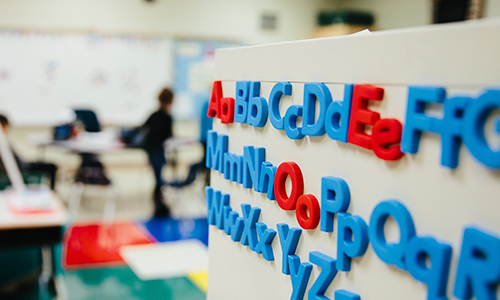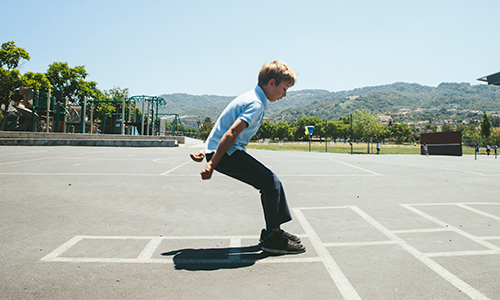

English Language Learners, self-efficacy, and the achievement gap
Learn more about the relationship between self-efficacy and the persistence of achievement gaps for English Language Learners.
By: James Soland
Topics: Equity, English Language Learners, Social-emotional learning


School effectiveness, summer loss and federal accountability
Learn more about the effect of seasonality on estimates of school effectiveness and how ignoring summer loss can impact which schools are identified as low performers.
Topics: Growth modeling, Seasonal learning patterns & summer loss, Student growth & accountability policies


In partnership with Santa Ana Unified School District, we explore the impact of chronic absenteeism on student achievement over two years and whether missing 10% of days is too late to take action.
Topics: School & test engagement


In this study, multivariate models that jointly estimate growth in achievement and self-efficacy during middle school are used to see how underlying developmental processes relate for ELLs.
By: James Soland
Topics: Equity, English Language Learners, Social-emotional learning


In this study, we introduce those disengagement metrics for a policy and evaluation audience, including how disengagement might bias estimates of educational effectiveness. Analytically, we use data from a state administering a computer-based test to examine the effect of test disengagement on estimates of school contributions to student growth, achievement gaps, and summer learning loss.
By: Megan Kuhfeld, James Soland
Topics: Measurement & scaling, School & test engagement, Student growth & accountability policies


In this study, we examine seasonal patterns of racial/ethnic achievement gaps in kindergarten through eighth grade using a national sample of over two million students.
By: Megan Kuhfeld, Dennis Condron, Douglas Downey


Trends in children’s academic skills at school entry: 2010 – 2017
This study examines academic skills at kindergarten entry from 2010 and 2017 using data from over 2 million kindergarten students. Results indicated kindergarteners in 2017 have slightly lower math and reading skills than in 2010, but that inequalities at school entry by race/ethnicity and school poverty level have decreased during this period.
By: Megan Kuhfeld, James Soland, Christine Pitts, Margaret Burchinal
Topics: Equity, Early learning


